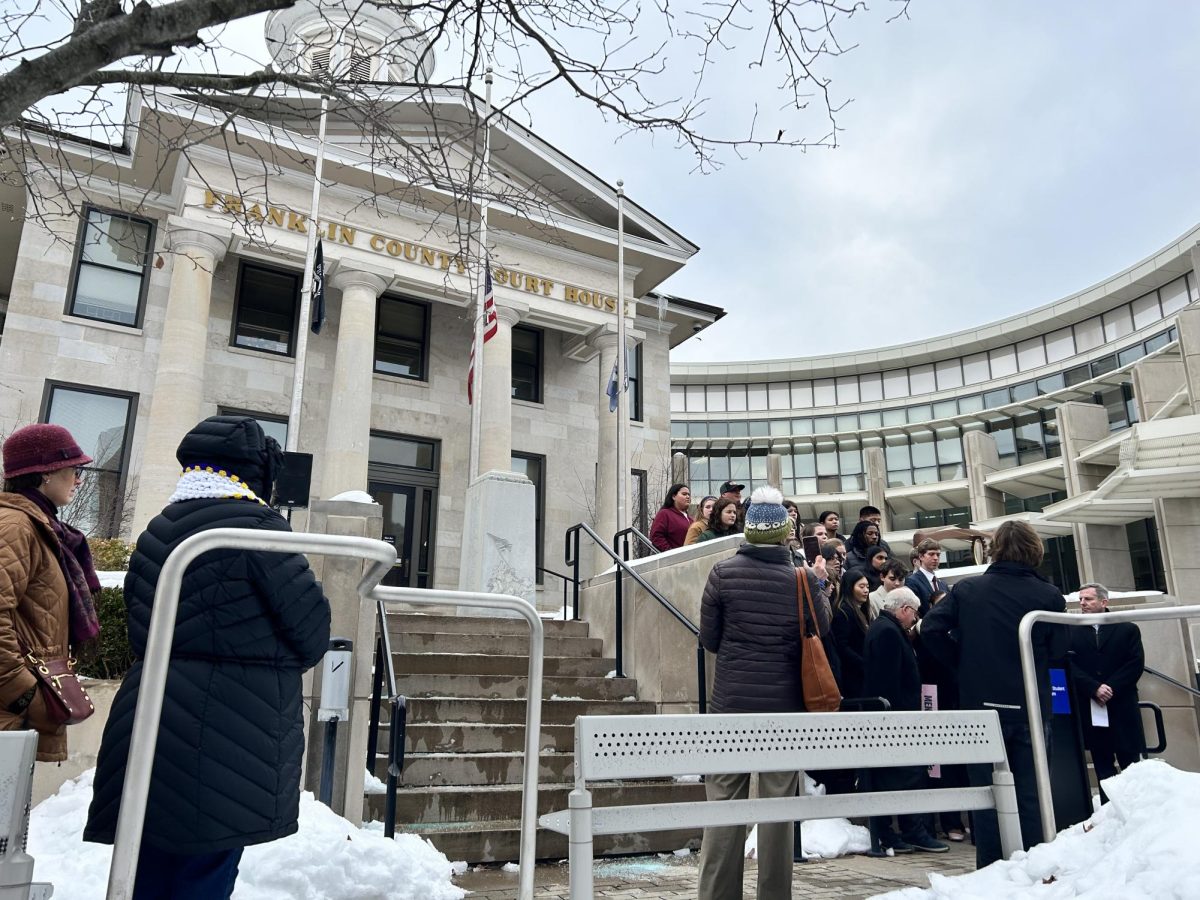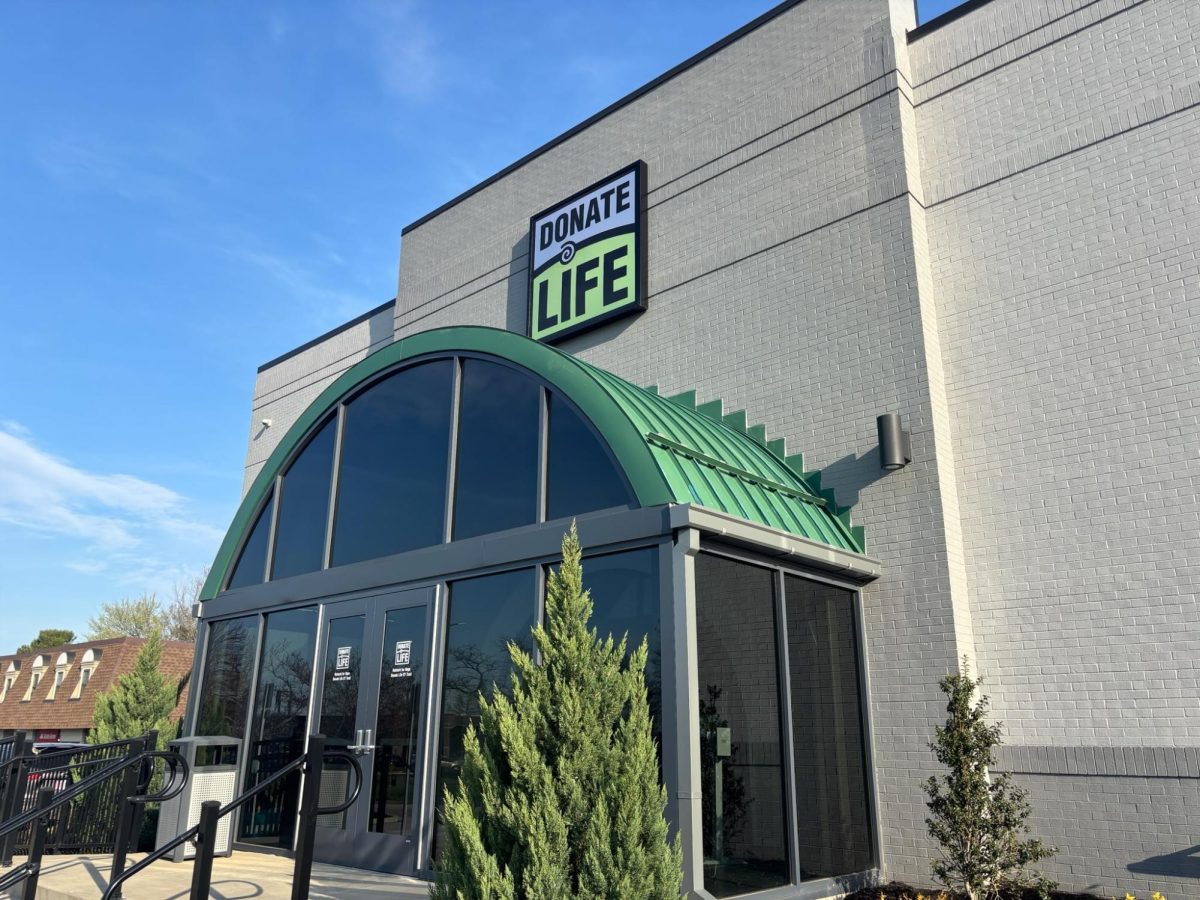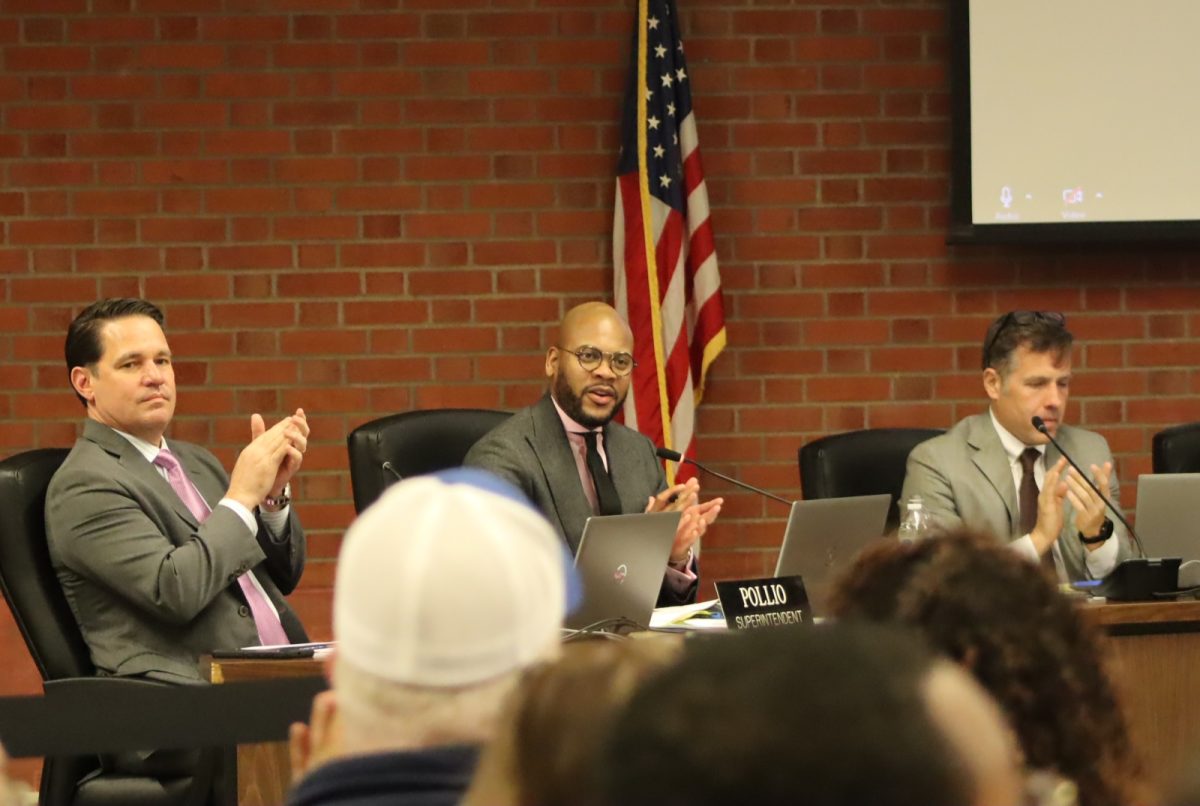The Kentucky Legislative Session came to an end on Friday, March 28. With Republican dominance on an upward slope nationwide and veto rules that reduce the governor’s interventions to a footnote, the GOP-led house and senate flexed their power in several far-reaching pieces of legislation this year.
For more information on each individual bill, see Manual RedEye’s live coverage of the statehouse and the Kentucky Lantern’s statewide reporting.
Education
House Bill 208: banning cellphones in schools
After schools like Fern Creek deployed experimental programs with major success, the legislature voted to pass HB 208, a bill which would ban cellphones in public schools.
But it isn’t entirely clear on how this would happen. Schools are given a new mandate, but there is no standardization on how they are expected to carry it out.
Fern Creek’s principal said, before their ban, “even my very, very best teachers couldn’t hold [students’] attention anymore.” 97% of Fern Creek teachers say they were satisfied with the program.
House Bill 241: NTI days and online schooling
HB 241 started out relatively straightforward: add five NTI days to districts’ 10 as disaster relief days in light of the flooding that crippled roads and other infrastructure throughout eastern Kentucky earlier this school year. This would absolve many schools that had exceeded their 10-day limits.
After it got sent to the senate, though, Senator Steve West amended the bill to eliminate the clause capping Virtual Academy enrollment at 1% of a district’s in-person enrollment.
The company that runs Virtual Academy, Stride, has been sued in other states for poor performance. Representative Tommy Trett, the bill’s original sponsor, withdrew his support after the clause was cut. The bill ended up passing with the amendment regardless.
House Bill 4 and Senate Bill 165: DEI in schools
This bill marks the latest episode in the Kentucky legislature’s long battle with academic institutions over DEI (diversity, equity, and inclusion) programs.
HB 4 would ban DEI in colleges and universities, and SB 165 would ban it in K-12 schools. The vote on HB 4 largely went along party lines and, with the Republicans’ 131-27 supermajority, passed easily. Governor Andy Beshear vetoed it on March 20, but that is expected to be overridden. SB 165 seems to have died in committee.
Senate Bill 3: Payment for college athletes
On March 13, Governor Beshear signed SB 3, which would allow colleges to pay their student athletes.
Even though college sports is a multi-billion dollar industry, and coaches routinely earn seven-figure salaries, most players have to wait until they play professionally before they earn a dollar.
After an enormous lawsuit settlement last May, the NCAA decided to allow NIL (Name, Image, Likeness) funding for students to earn money for high-level college sports. SB 3 extends this to public Kentucky institutions.
The Economy
House Bill 1 & House Bill 775: income tax reductions
The legislature has pledged in countless sessions to eliminate the income tax, and through these bills, that dream became both closer to reality and easier to achieve.
HB 1 lowered the income tax from 4% to 3.5%, an achievement only possible with the meeting of certain predetermined triggers that were laid out in state law years ago. This will cost the state roughly $650 million in revenue, which is equivalent to 45% of JCPS’s budget. (This figure is only for reference; the $650 million is from a budget surplus and will not be taken from JCPS directly.)
HB 775, while it didn’t change the formula for calculating when an income tax reduction is allowed, did lower the threshold for when taxes can be cut—along with lowering the amount that taxes can be reduced with the smaller threshold. The details are complex, and this explanation dissects with more precision.
LGBTQ+ rights
House Bill 495: reinstating conversion therapy
It has been two years since Kentucky passed Senate Bill 150, the controversial bill targeting transgender people in schools as part of the flurry of anti-LGBTQ+ sentiment that followed the COVID-19 pandemic.
House Bill 495 is the latest addition to that. It invalidates Governor Beshear’s 2024 executive order that would ban conversion therapy, the discredited and harmful practice of trying to correct a deviance in someone’s sexual orientation or gender identity.
“Underlying these ‘therapies’ is the assumption that homosexuality and gender nonconformity are mental disorders and that sexual orientation and gender identity can be changed. This assumption is not based on medical or scientific evidence,” the American Medical Association said.
Government transparency
House Bill 399: restricting access for protestors
House Bill 399, delivered to Governor Beshear on March 13, does not seem to do much on the surface. It bars protest at the statehouse, but not in “traditional public forums” like the rotunda and outdoor capitol grounds.
The shifting axis, it seems, is in the lack of clarity. With no definition of “disrupt, impede, or prevent the General Assembly from conducting business”—an act that is grounds for an arrest—law enforcement could reasonably detain people for any form of protest.
House Bill 520: open records in law enforcement
Current law tightly binds police’s ability to withhold records from the public. Under HB 520, passed with a fully Republican sponsorship, police can deny access to records with “articulable risk of harm to the agency or its investigation.”
Some worry about the loose definition around harm to law enforcement, and the scope of the bill’s impact on journalists will largely depend on practice.









